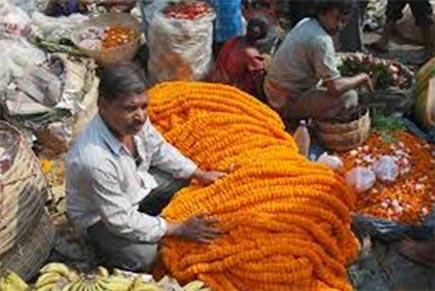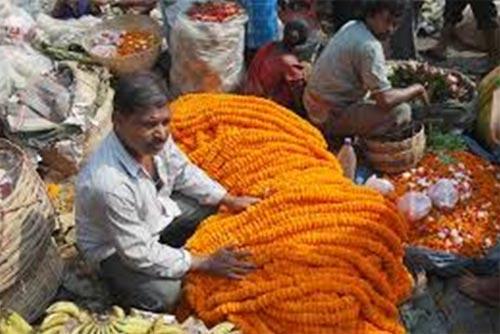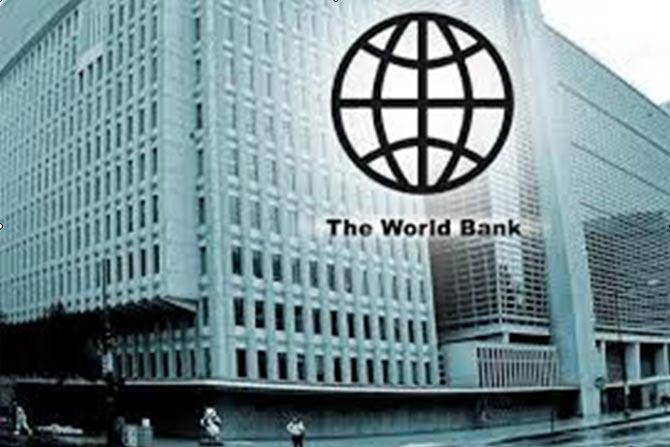India is currently ranked at number 130 on the ease of doing business index that is published by the World Bank

India is currently ranked at number 130 on the ease of doing business index that is published by the World Bank. Prime Minister Narendra Modi has however initiated a process of economic transformation that is meant to improve India’s ranking to among the top 100 countries in the world in the next few years. In an effort to report on its improvement so far, the government of India is currently giving all the evidence it has to the World Bank in order to prove that there are positive changes happening on the ground.
ADVERTISEMENT

Government Giving Evidence of Improved business environment
To make sure that all factors are considered and increase the chances of India being considered for a ranking improvement in the index to be published next, the government is not leaving any stone unturned. All information required is being sourced for and submitted to the World Bank officials who are conducting the survey in order to facilitate the next global ease of doing business ranking which is to be released in October 2016. Government officials from India said that data from the logs of construction permits, information about the movement of the containerized cargo at the ports and the improved process of setting up business in India and especially the cities of Mumbai and Delhi were made available to the World Bank analysts involved in the process.
When carrying out the field inspection and verification process, the World Bank team had a specific focus on the Department of Industrial Policy & Promotion (DIPP) which is the government agency in India responsible for much of the data needed in assessing ease of doing business in India. In a meeting on 1st August with the Department of Industrial Policy & Promotion, the World Bank team raised a few concerns though on with the DIPP. One of their observations was that even after the government announcing and effecting changes that would move registration processes in government agencies from physical paper work to a digital platform, people were still seen carrying paperwork to the offices of the Employees' Provident Fund Organization. However, the DIPP clarified that it is only those individuals who needed to file physical papers for specific situations that were having paperwork at the Employees' Provident Fund Organization.
In addition, the DIPP is collecting its own evidence in situations where it feels that the respondents did not keep in mind all the assumptions that were made by the World Bank. Automation or digitalization of processes in all government agencies focused on improving the local business environment in India is one of the key factors considered by the World Bank when ranking countries in the order of their ease of doing business. It is assumed that with digitized systems the processes of business registration and filling of returns is much faster, transparent and efficient for both the business and the government itself.
Ease of Doing Business Index

The ease of doing business index is published annually by the World Bank in order to rank countries based on a similar criteria on how efficient and effective they are in supporting business people to start and run businesses in their local economies. The business environment is made up of several factors and among the top factors considered in doing the rankings include: the processes and costs involved in issuing of construction permits to both the locals and foreigners, time taken to get a business registered and the associated costs, ease of accessing credit for young businesses and the tax filing processes. The more streamlined these processes are the higher a country is ranked in the index compared to other countries globally. The index is usually computed by benchmarking frontier scores for each country against a universal set of regulatory best practices.
Focus areas for India
For construction permits, parameters used in the ease of doing business index in India, only the warehouses and buildings that are owned domestically are considered; with the exclusion of the processes involved for foreign entities. The DIPP is also focused on improving time taken to start a business, insolvency procedures, ease of cross-border trade and connectivity to electricity as a way to improve in the overall ranking. The total number of days required to start a business has so far reduced from 29 days last year to about 12 days this year according to a report from the DIPP. India's ranking considers business environment in Mumbai and Delhi; with the Prime Minister Narendra Modi having a target of being among the top 50 countries in the world in the next 3 years.
 Subscribe today by clicking the link and stay updated with the latest news!" Click here!
Subscribe today by clicking the link and stay updated with the latest news!" Click here!






